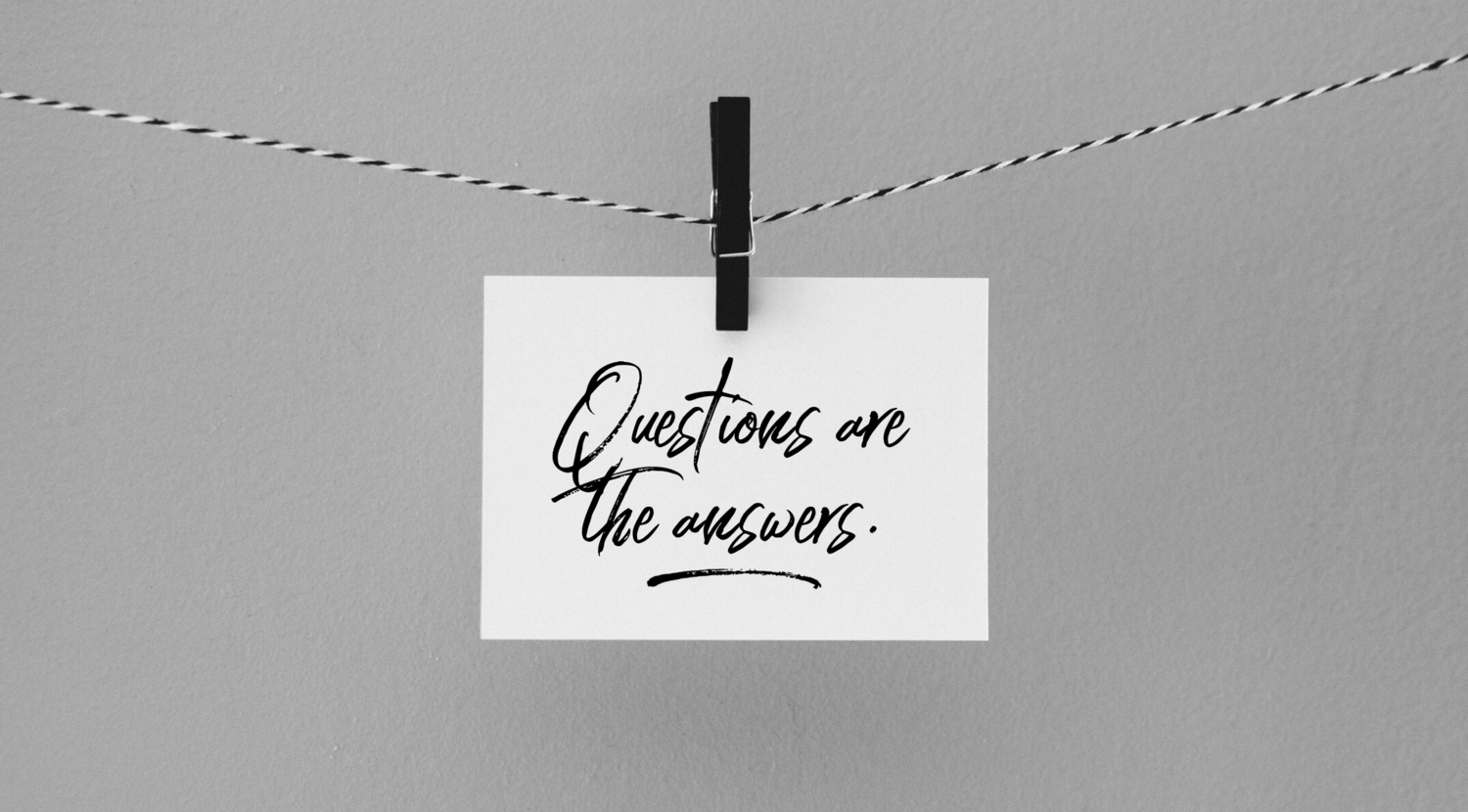SECTIONS
RELATED RESOURCES
Are you Shilling Product or Solving Problems? 14 Questions to Make You a Customer Expert

In our last post, we discussed the three roles that describe the evolution of the promotional products professional, that of the promo pusher, the consultant, and the trusted advisor. The trusted advisors are those who add strategic value to their client’s success. Beyond product, these distributors find challenges within their client’s needs, solve problems, and give their client a definite advantage over the competition.But how do you begin to earn that trust so that you can learn and solve real problems?
Educate and Permeate
Take your client list and segment by industry. Most distributors end up specializing in a particular niche or vertical. Their clients come to them from similar industries, either because buyers migrate between companies or because they are in markets that have a particular industry presence. For example, if you are in San Francisco, you are in the hub of the tech industry; if you are in Houston, you are at the nexus of the oil and gas industry. The doorway to becoming a customer expert is to educate yourself by industry, or, by specialty. Most industries have associations or hubs of communities, both online and off, that are a goldmine of intel. A distributor in the northeast has a top 10 client list exclusively comprised of law firms, and most of her buyers are marketers within these law firms so, she discovered the Legal Marketing Association , where she learns about the challenges facing law firms and she creates an opportunity to network with potential clients. Denise Taschereau with Fairware is a distributor focused on sustainability. Fairware is not only a B Corp (certified by the nonprofit B Lab to meet rigorous standards of social and environmental performance, accountability, and transparency) but she is extremely involved in the B Corp community. The B Corp community is comprised of, no only her clients, but a network of prospects, and her educational resource. Mike Michalowicz spoke at skucamp in NOLA in October and talked about the difference between saturating and quenching. Quenching is focusing on the strongest customers and given them (and their businesses) hyper-focused attention. Mike also suggested that you join groups or associations where your best customers gather. “Just appear, be there again and again in front of your best community. Prospects trust you more the more frequently you are in front of them,” said Mike. But you’re not just networking, you’re learning. The trusted advisor works to deeply understands their client’s needs. They are experts in verticals and are culture integrators, people who understand the competitive landscape of their clients and provide solutions (both internally and externally) that resolve problems.Investigate to Initiate
One challenge with becoming a trusted advisor to your clients is that clients often have you in a restricted relationship, or, a “need to know,” status, they will only tell you about challenges in their business if you really need to know. Because they are busy and, mostly, because they have a negative view of the impact the promotional products medium can achieve on behalf of their goals , they rarely engage with you for strategic advice. So, it is up to you to become an investigative reporter, ask questions, and earn a seat at the table as a contributor to their success. Asking questions is what any business strategist would do but asking good questions requires the expertise of a consultant and the curiosity of a reporter. Here are 14 questions that will jump-start your research and help you uncover opportunities:- Why did you create the company, why does the company exist?
- Who are your most important customers? Why do they buy from you?
- What unique problems do you resolve for your customers?
- Where does the largest portion of your revenue come from? A particular service? A product? What areas are you trying to grow?
- What is your role within the company and how do you and your department impact revenue?
- Who is your competition? Why do customers buy from your competition?
- What makes you distinct in the marketplace?
- How are you different than the competitors in your industry?
- What are the myths and perceptions of your business and industry that you are trying to overcome?
- How has your unique value proposition changed? How do you foresee it changing now and in the future?
- What other media are you using to try and share your message? Attract clients? What’s working and why? What’s not working?
- What’s the ROI on media that you have been using?
- What sales campaigns have been significant revenue drivers for you?
- What is your most immediate challenge and business objective?
- Action point 1: Create and codify your own list of questions. If you need to create a standard list and then, a special list by industry, do this, but create questions and circulate them among your team.
- Action point 2: Make it a 2019 goal to answer all the questions on your list for your customers, turn it into a contest within your team. It’s not only a fun way to move the needle on sales goals; it empowers your team with intel that the competition can’t touch.
